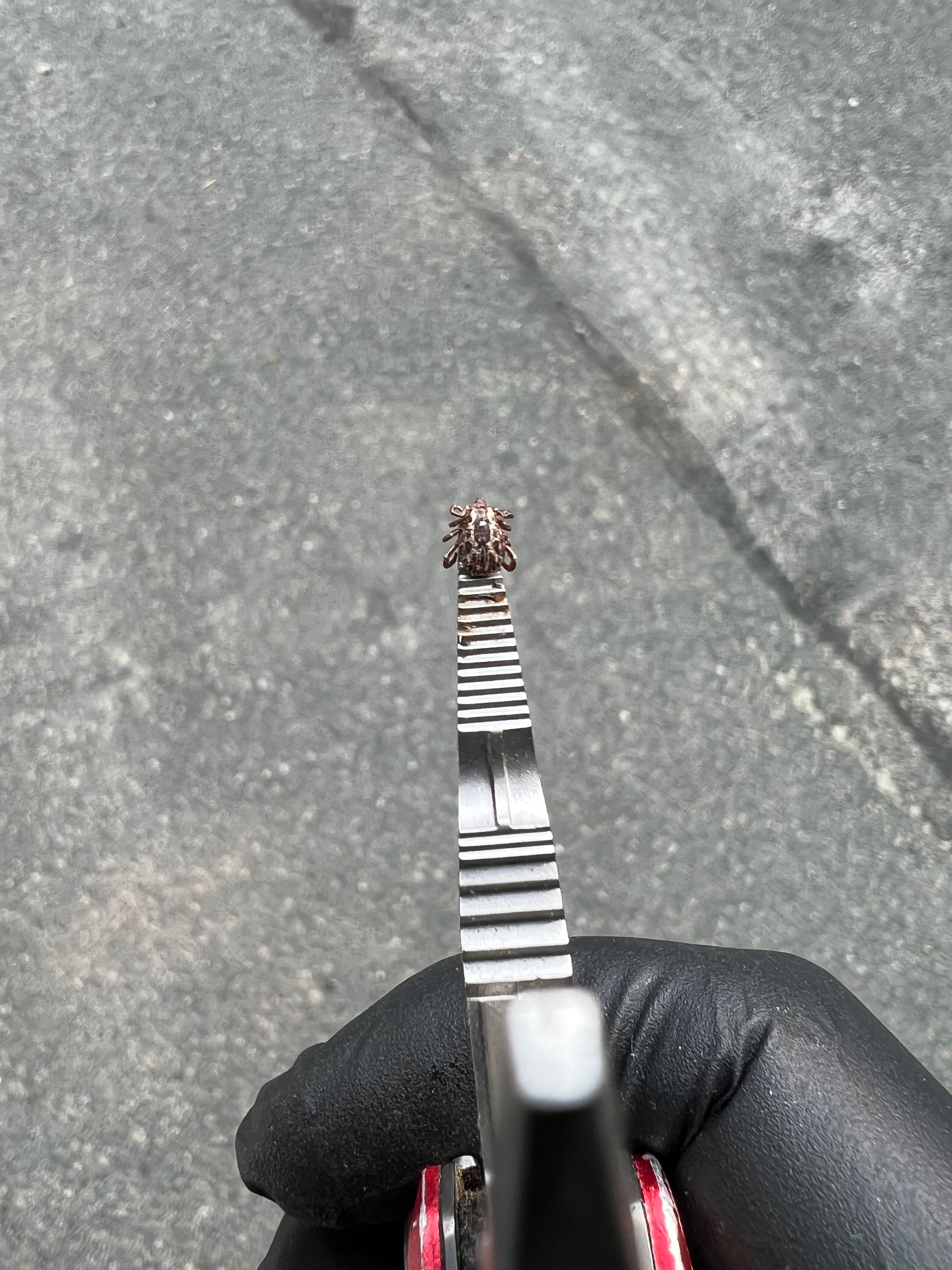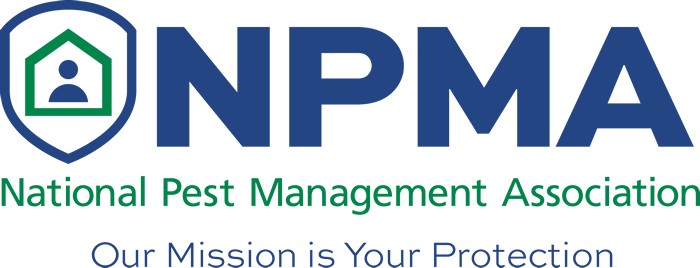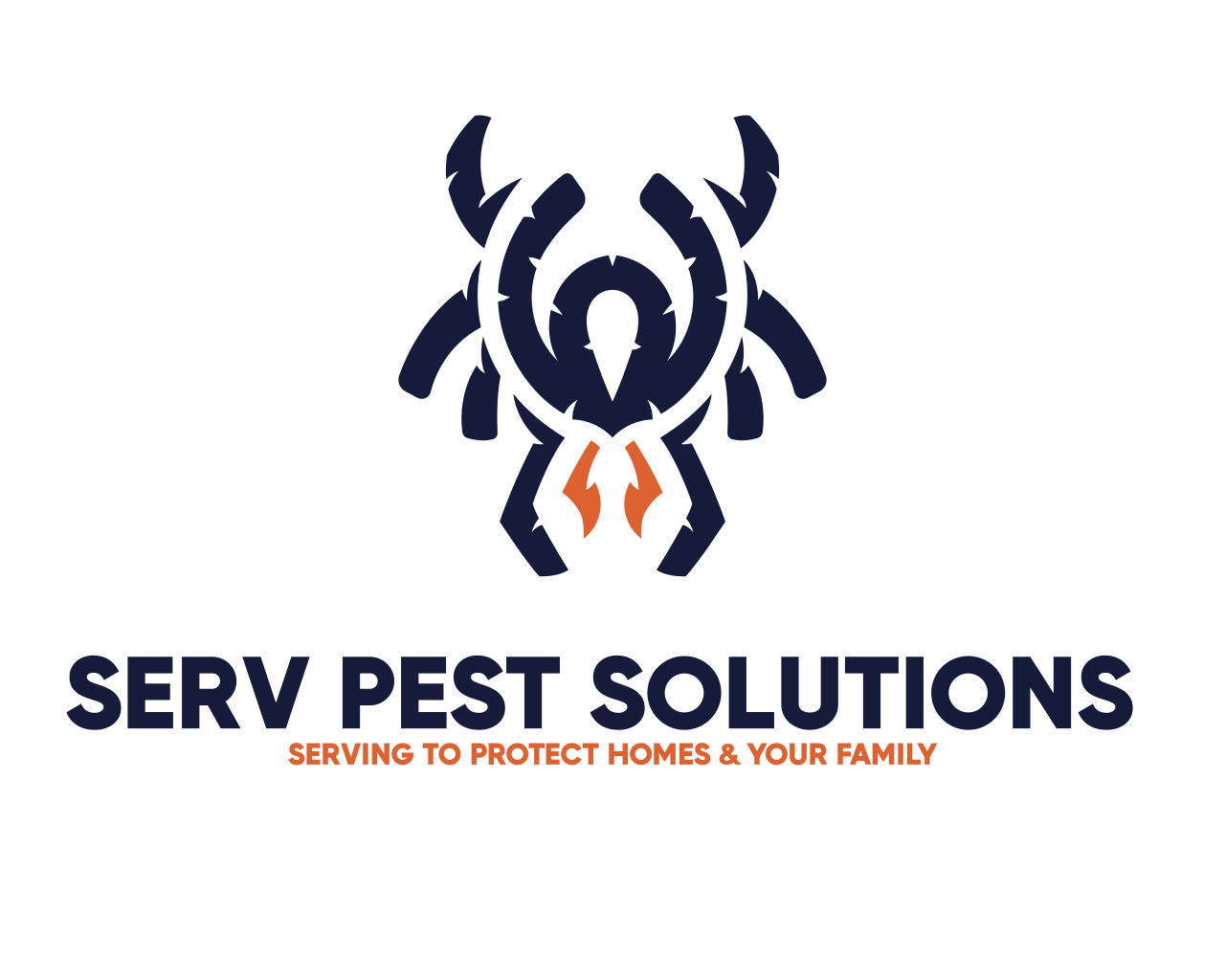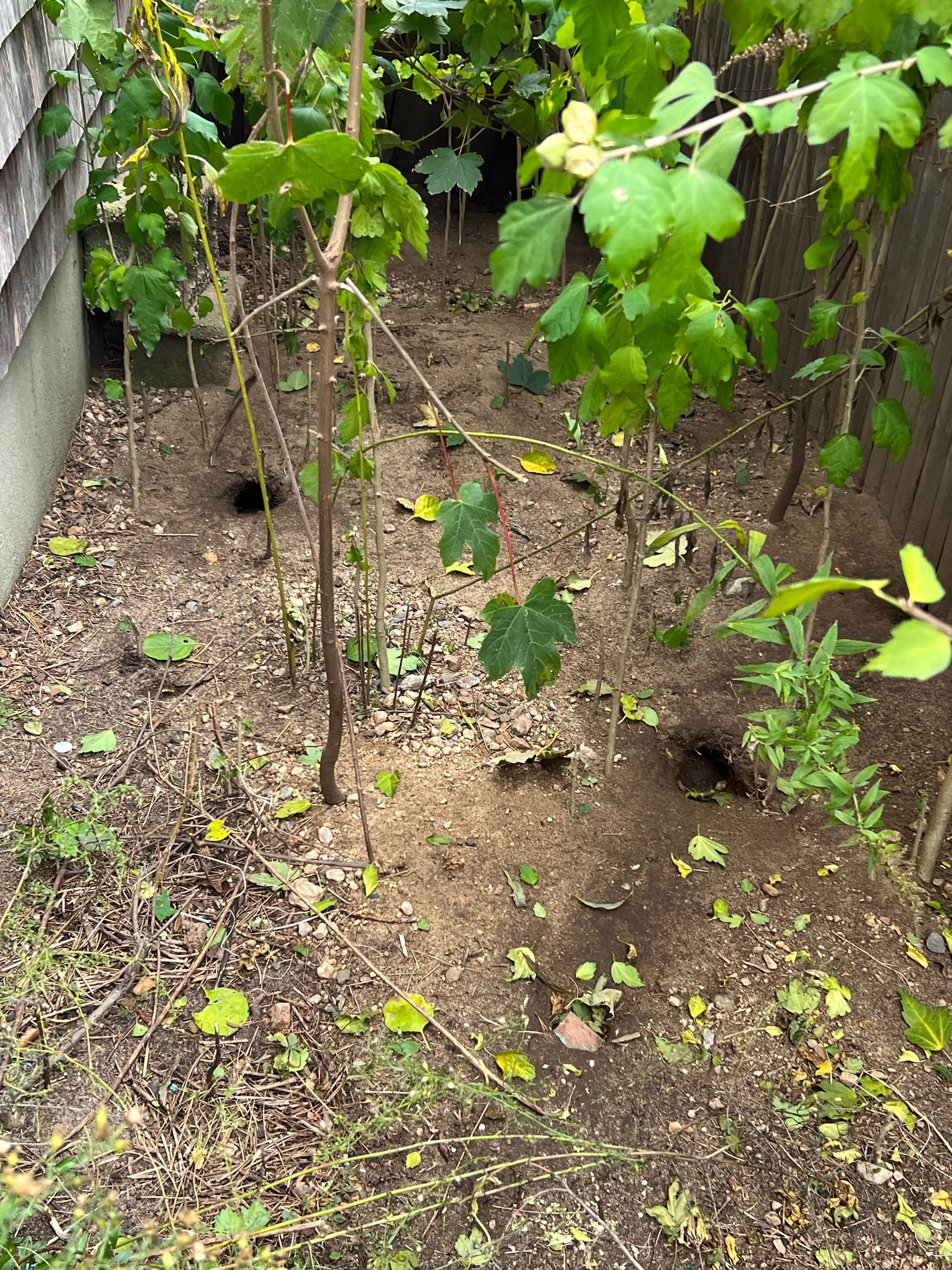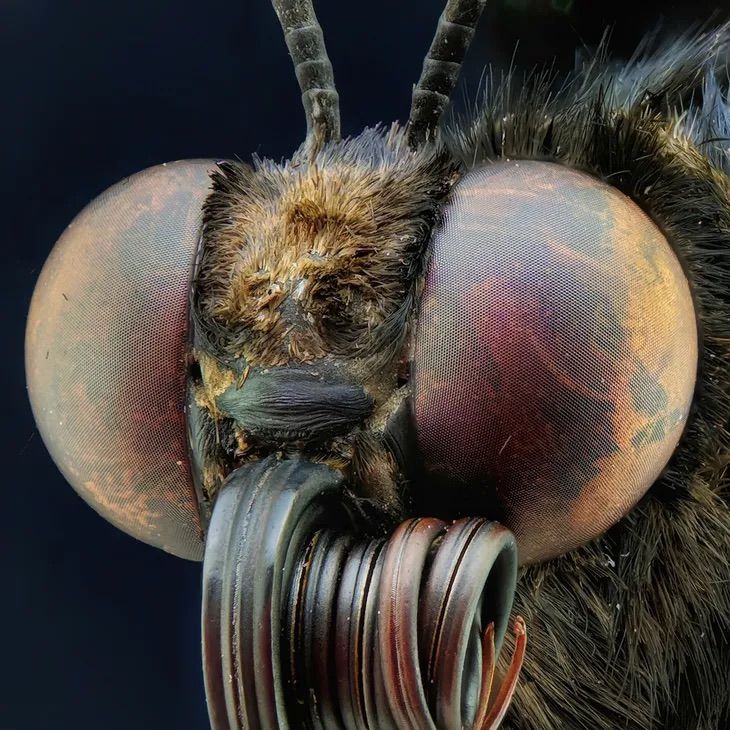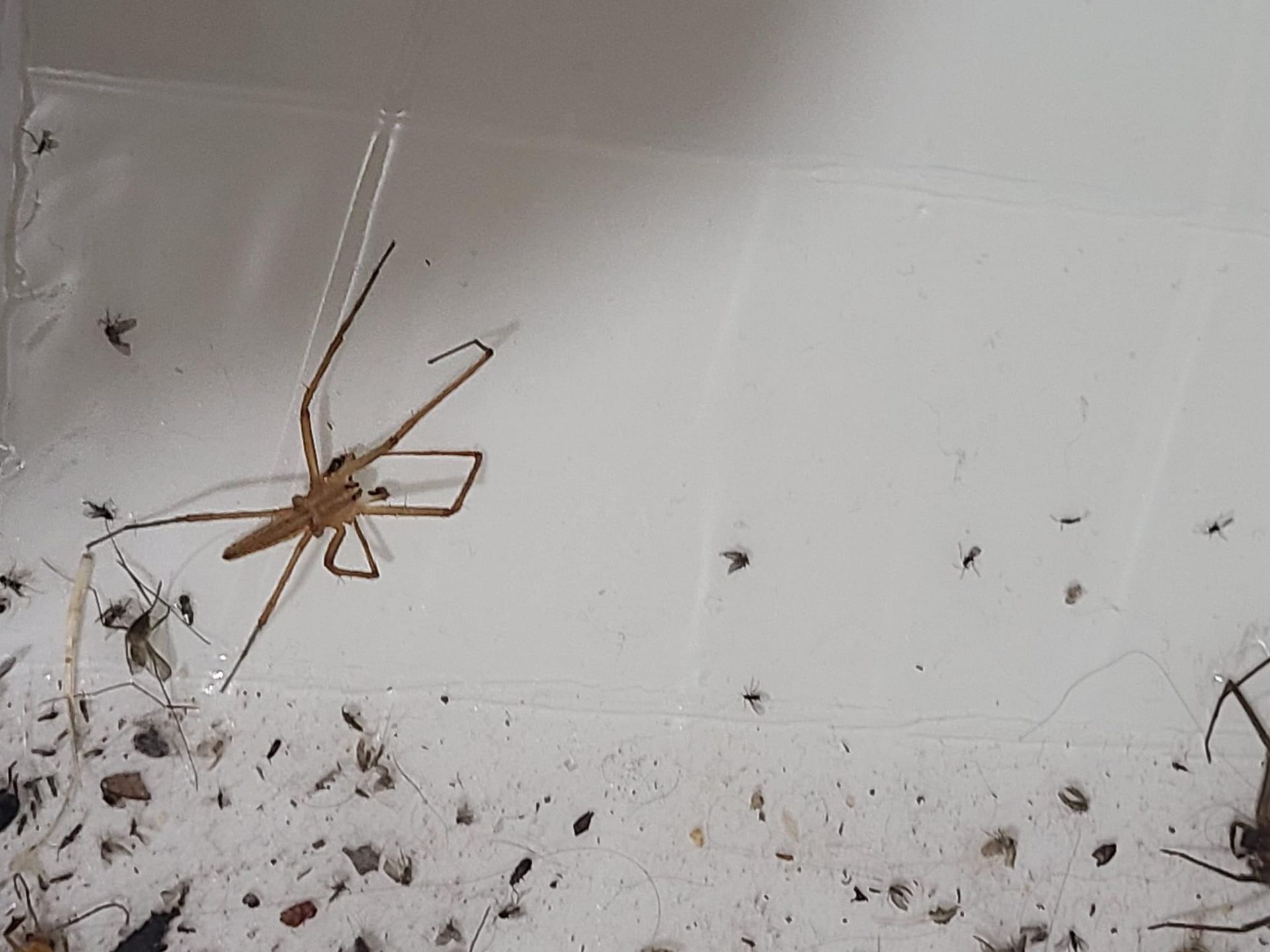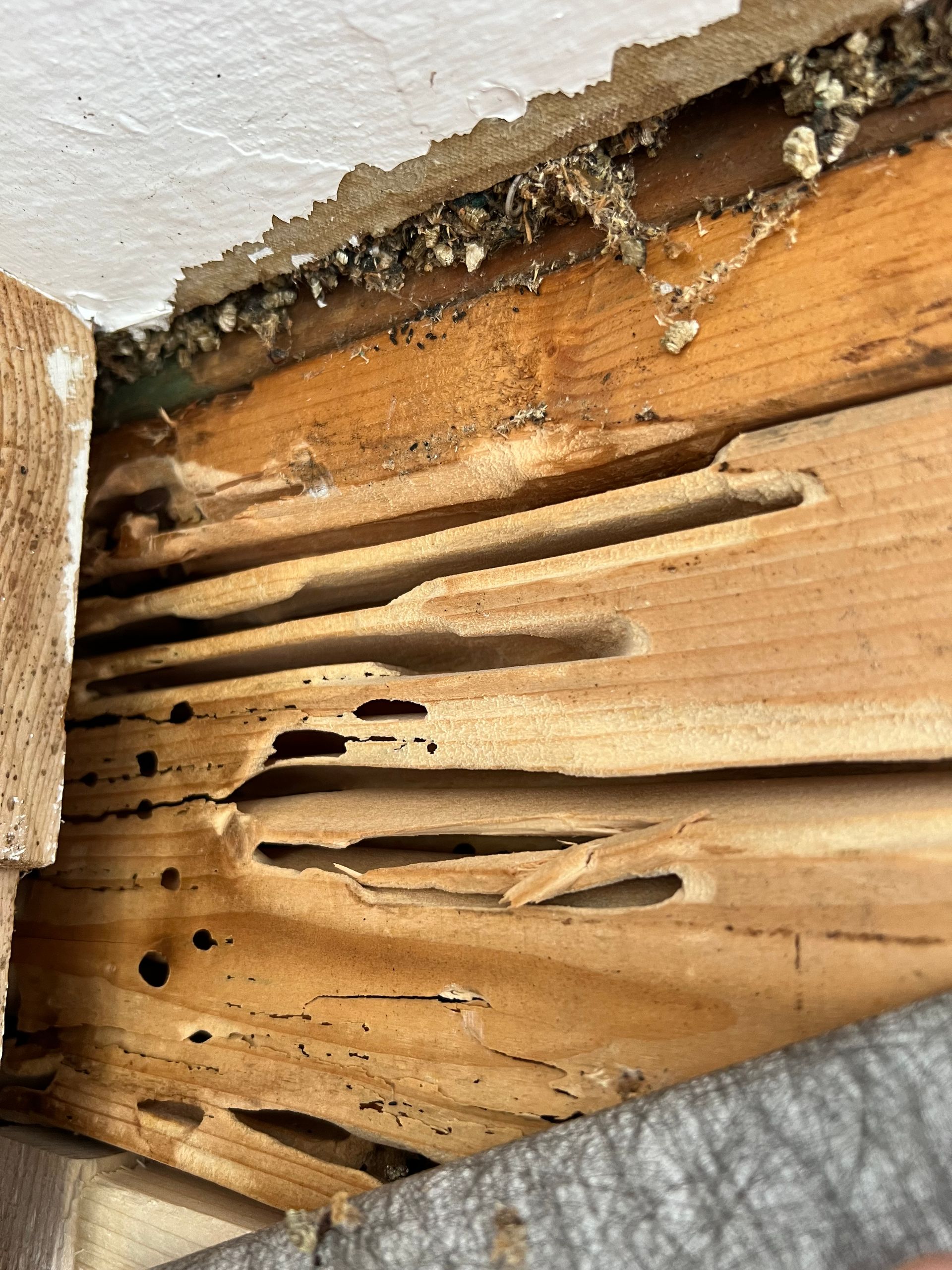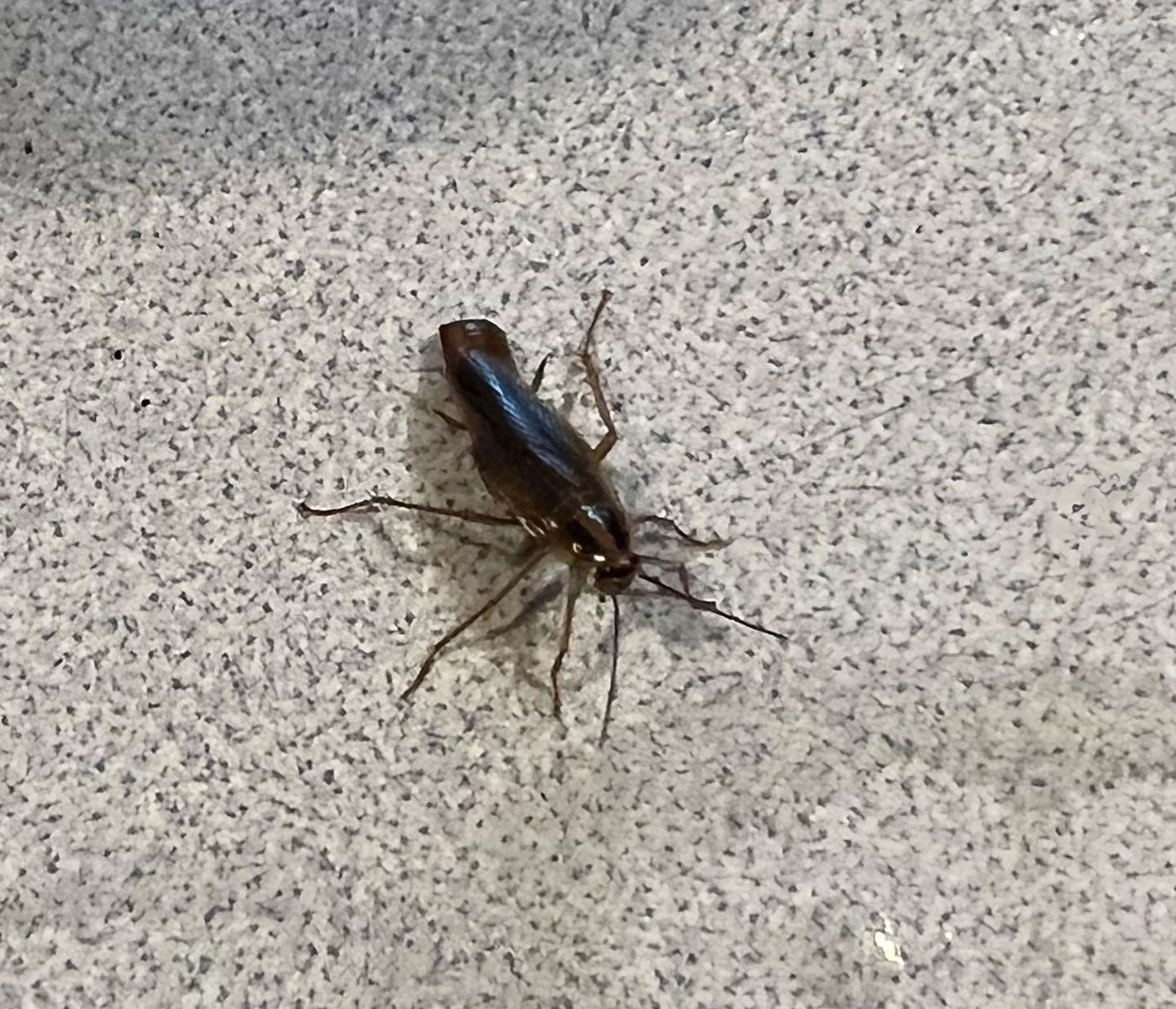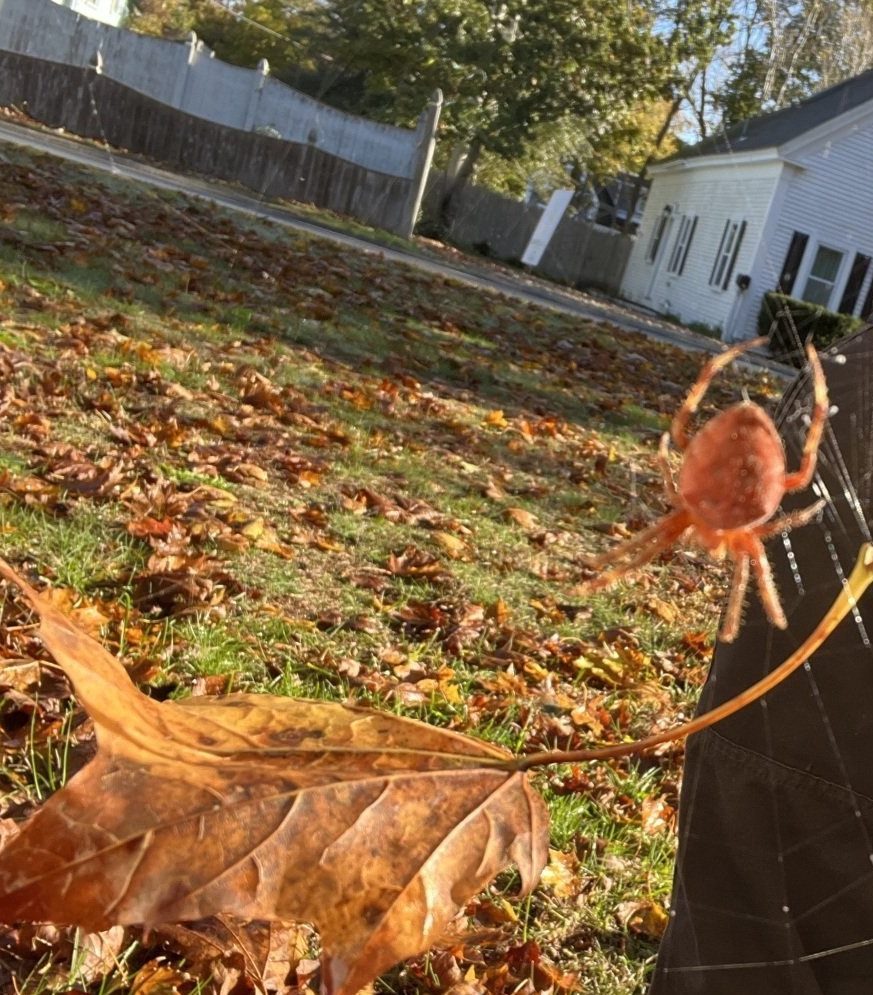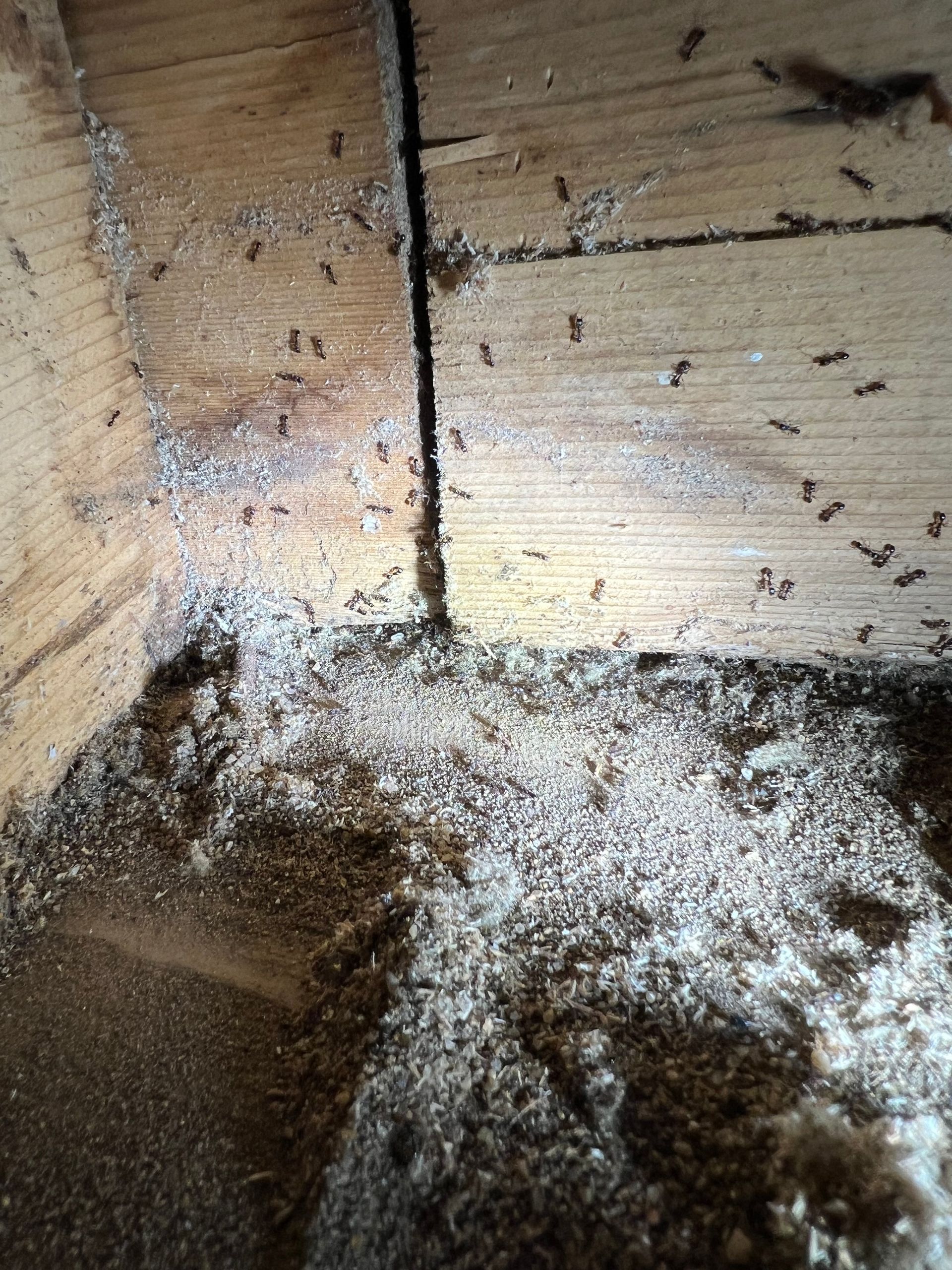SERVING
Mice Control
Having mice scurrying around your home can be a bothersome and unsanitary problem. Not only do they carry diseases, but they can also cause damage to your property. Dealing with a mouse infestation requires a proactive and comprehensive approach. In this blog post, we will discuss effective strategies to help you get rid of mice and prevent future infestations.
1. Identify and Seal Entry Points:
Mice can squeeze through small gaps and cracks, so it's crucial to identify and seal potential entry points. Inspect your home for any holes in walls, gaps around pipes, or damaged door sweeps. Use caulk, steel wool, or wire mesh to seal these openings and eliminate potential access points for mice.
2. Maintain Cleanliness:
Mice are attracted to food and clutter. Keep your home clean and tidy, and store food in airtight containers. Regularly clean countertops, floors, and areas where food is prepared. Vacuum and sweep regularly to eliminate food particles and reduce the available food sources for mice.
3. Set Traps and Baits:
Traps and baits are effective in catching and eliminating mice. Choose from a range of traps, such as snap, glue, or humane live-catch traps. Place them near areas where mice are active, such as along walls, near entry points, or in areas with mouse droppings. Use gloves when handling traps to avoid leaving human scent and potentially deterring mice.
4. Use Natural Mouse Repellents:
Consider using natural repellents to deter mice from entering your home. Some options include peppermint oil, vinegar, or cloves. Soak cotton balls in these repelling substances and place them near entry points or areas where mice are frequently seen. Refresh the repellents regularly to maintain their effectiveness.
5. Call a Professional Pest Control Service:
If your mouse infestation persists or becomes too difficult to handle on your own, don't hesitate to call a professional pest control service. Experienced exterminators have the knowledge, tools, and expertise to effectively eliminate mice from your home. They can also provide advice on preventative measures to keep mice out in the future.
6. Follow Up with Preventative Measures:
Even after successfully eliminating a mouse infestation, it's crucial to take preventative measures to avoid future problems. Regularly inspect your home for new entry points and promptly seal them. Continue to maintain cleanliness and store food properly. Implement these preventative steps to minimize the likelihood of another mouse infestation.
Conclusion:
Dealing with a mouse infestation requires a systematic approach, from identifying and sealing entry points to using traps and baits. Maintaining cleanliness and employing natural repellents are additional strategies that can assist in your efforts. If needed, don't hesitate to seek professional pest control services. By following these effective strategies and remaining vigilant, you can effectively eliminate mice from your home and create a safer, healthier living environment.
